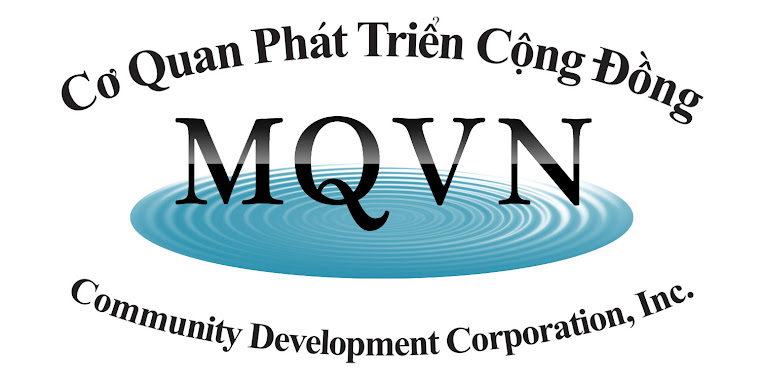Visiting Hawai'i was helpful in putting aquaponics in community perspective and how aquaponics relates to issues of food access and sustainability.
Hawai'i, much like New Orleans East, has a huge food access issue. Food costs are astronomical and many residents resort to having their own garden (mostly taro) to mitigate lack of access to fresh foods. In addition, large agricultural operations, such as Parker Ranch, own a staggeringly huge portion of the property on the big island (they're one of the largest ranches in the United States) which is used for cattle farming to supply beef to the mainland, which creates a food access problem in which local Hawaiians consequently have very limited access to goods produced on their island. While Hawai'i ends up producing much of tropical goods enjoyed by the western coast of the mainland, Hawaiians have to purchase most of the goods, such as beef, back from the mainland with added cost of transportation back to the island.
Khai and I flew into Hilo on our way to Honoka'a where we stopped by the local farmers markets and learned of the huge need for fertilizer supplements (such as potassium) to keep up with huge demands for tropical produce, which, consequently, has destroyed this year's mango crop. In addition, locals told us that such widespread use of fertilizer has made it difficult for smaller growers to compete and make a living because the cost of fertilizer is too high for a small grower to afford.
Hilo farmer's market.
Upon arrival in Honoka'a, Khai and I stopped for malasadas, a sort of Portuguese donut - similar to local New Orleans beignets, though more dense and often sold with fruit filling.
Fresh malasadas from Tex's Drive-In in Honoka'a, Hawai'i.
The aquaponics training itself lasted five days and encompassed both technical and economic aspects of aquaponics. The training was led by Tim and Susanne of Friendly Aquaponics. Both were extremely knowledgeable about aquaponics and have had extensive experience running a commercial facility - something we found to be extremely valuable. They went through, in extensive details, aspects of daily operation, maintenance, engineering, feed, breeding, seeding, greenhouse management, organic certification, marketing, and how to be commercially successful in aquaponics. More importantly, both Tim and Susanne were very articulate about the necessity of aquaponics to ensure future food security as cost of oil and consequently, transportation of any kind will only increase.
The experience itself was invaluable as it helped conceptualize what beforehand was only idea and theory for our own project and system. Tim and Susanne offered a very DIY and community-friendly approach to aquaponics - both offering very affordable backyard system designs. Both Tim and Susanne are some of the most enthusiastic people we've met in the aquaponics industry and have a genuine desire to see the expansion of aquaponics, not only as a feasible way to make a living, but a way to revolutionize food production.
Pictures from the trip:
Our classroom for a week.
Khai in a hoophouse with greens growing in aquaponic rafts.
Radishes in aquaponic rafts.
Huge bok choy heads in aquaponic rafts.
Tilapia
Honoka'a in solidarity with Occupy Wall Street
Rau muống being sold atHonoka'a Farmer's Market
Honoka'a Farmer's Market
Seeding and Germination table
Taro in aquaponic rafts
Tilapia egg harvesting
View of the ocean from the farm
Strawberry aquaponics
Sorry for the delayed post! We've been working hard on our own system and holding an aquaponics training for our community members! A post and update on this soon!
















